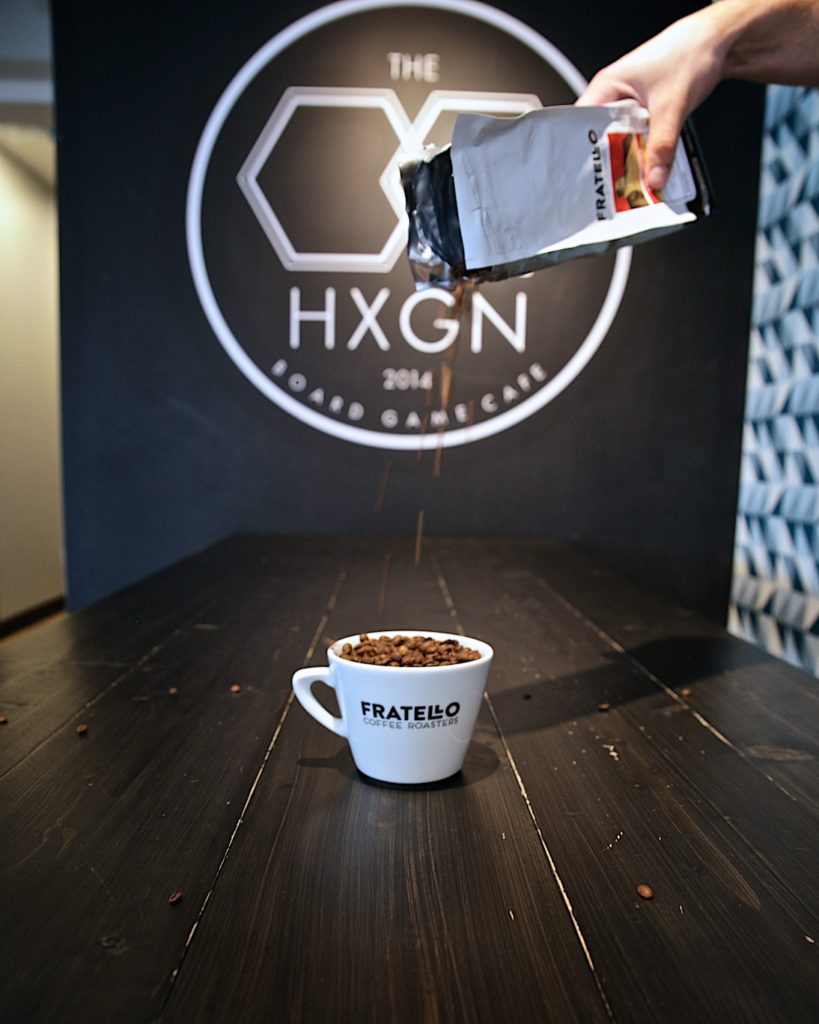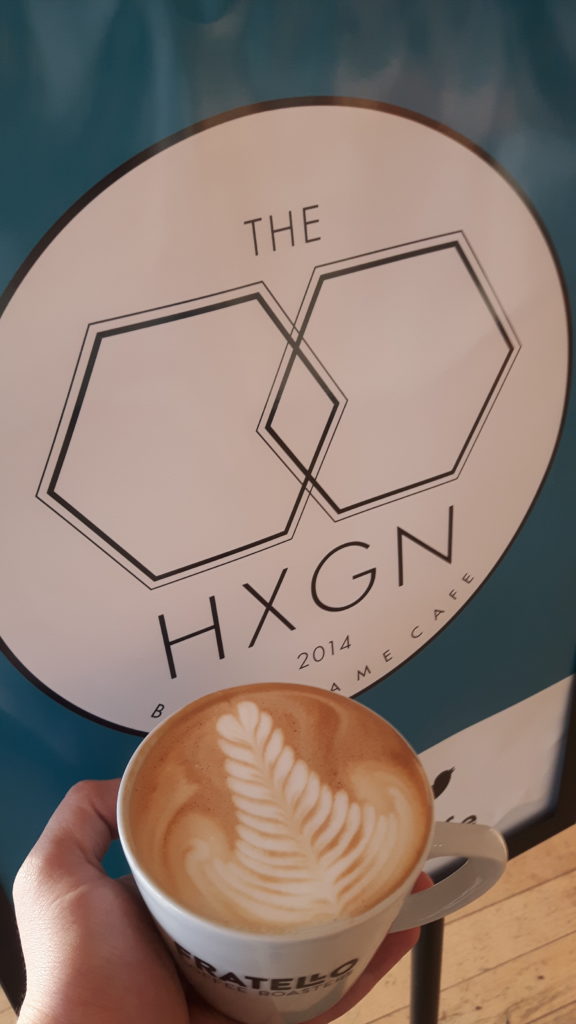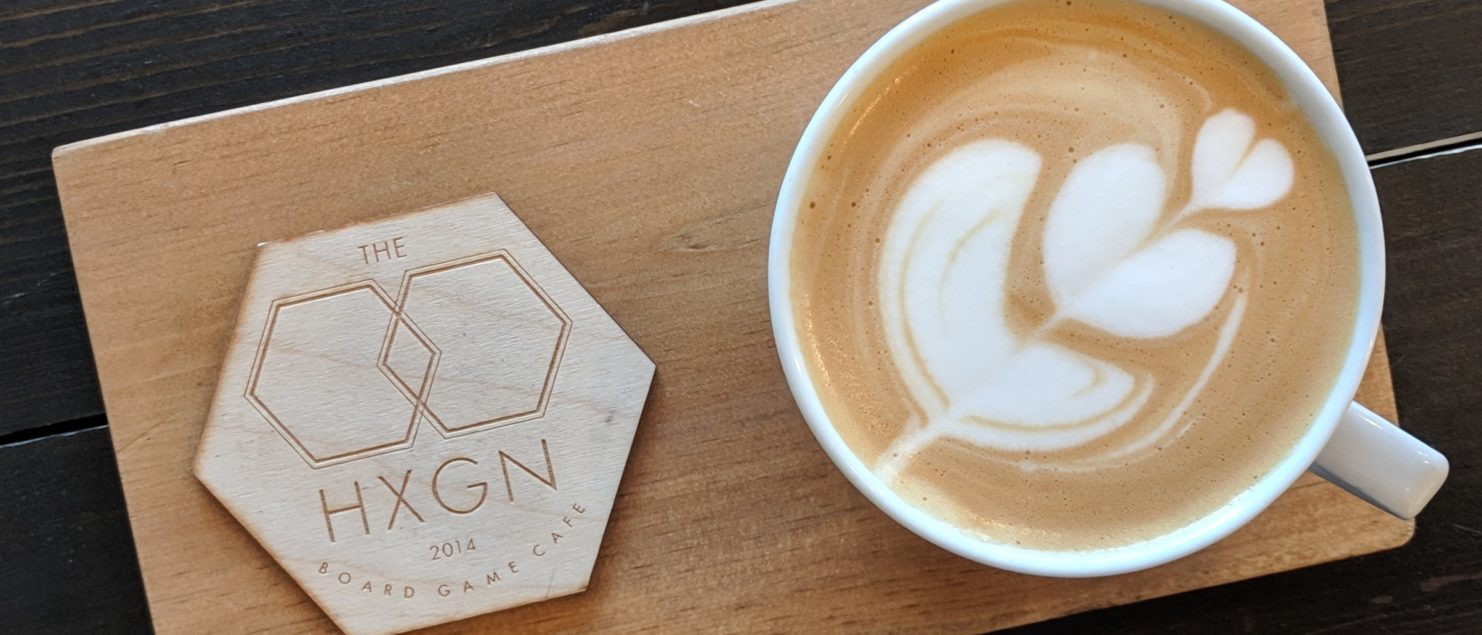Cafe Culture: Coffee
When I was asked to write about coffee culture, I didn’t really know how to tackle it. I could pull from my academic background and do it with a researcher’s mindset, reading articles and scanning the internet for opinions and facts to cite. I could approach it from a person-to-person perspective, asking others their opinions. I could type out my own thoughts, writing about what coffee culture means to me, because I’m sure my definition is different than the standard description. Really, there’s no best way to tackle things, so why not do a bit of everything?

From Merriam-Webster, coffee is defined as “a beverage made by percolation, infusion, or decoction from the roasted and ground seeds of a coffee plant.” Culture is defined as “the characteristic features of everyday existence (such as diversions or a way of life) shared by people in a place or time.” Or, another fitting one under the same number “the set of values, conventions, or social practices associated with a particular field, activity, or societal characteristic.” However, there is no set definition of “coffee culture” from the dictionary. There’s counterculture, pop culture, cyberculture and so on. Coffee culture hasn’t seem to catch on – or rather, modern day coffee culture.

Coffee dates back to and before the 15th century. Old and energizing, coffee has been around for a long time, starting in the Middle-East, traveling up to Europe, and then further, through time and across continents. Despite being one of the most beloved drinks, it has been banned by several countries several times throughout history; Mecca, Constantinople, Prussia, and Sweden have all banned or prohibited it at some point, or even multiple times (I’m looking at you Sweden). Most recently, South Korea banned coffee consumption in schools, even by staff. Coffee has become iconic, through popular culture (Twin Peaks, anyone?) and proliferation through diners and coffee shops where you could grab a quick cup of joe (and pie if TV has led me to believe anything), or a carefully crafted latte.
Coffee has become kind of like beer in a way – we have the big businesses putting out the same blends and brews as per usual, but we also have had a bit of a coffee revolution. Like the craft beer scene here in Alberta, we have some small-time roasters with big-time hearts putting their souls into roasting some darn fine quality beans that then we, your local cafe, can then use to create something decidedly delicious for you to sip on. From our pour-over coffees, to our drip coffee and steamed beverages, we want to provide a genuine coffee experience. I think that’s what defines coffee culture today – or at least, what many small coffee shops want to provide. A crafted experience that can bring community together.
Hexagon is a Board Game cafe, we’re not just a local coffee shop, but we aim to be more. We aim to be a community cornerstone. Board games bring people together. Our initial tagline when we first opened in 2014 was “connect and unplug”. We have evolved beyond that. Coffee brings people together too. A first date, a business meeting, a study session, or a catch up spot, coffee shops have integrated themselves into the fabric of Edmontonian life. Coffee is important to us and to the different beats in life. Our coffee culture is a well made cup of coffee, however you like it, and a place to meet.

